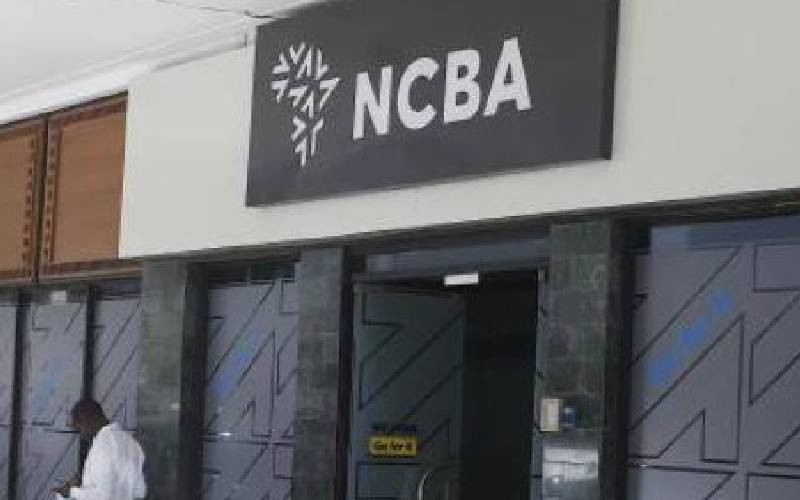×
The Standard e-Paper
Smart Minds Choose Us

A 130-page document was never enough for the Capital Markets Authority (CMA) to save face over their role in the loss of investors’ billions in the money markets in recent years.







